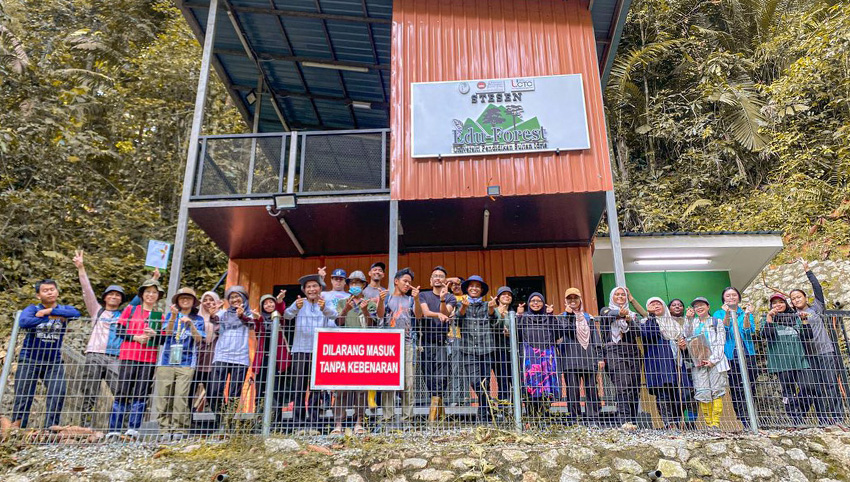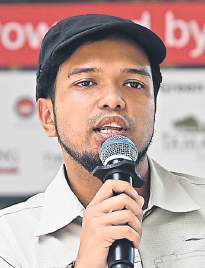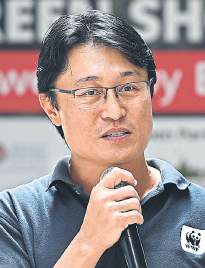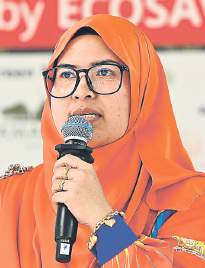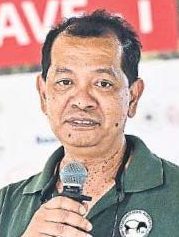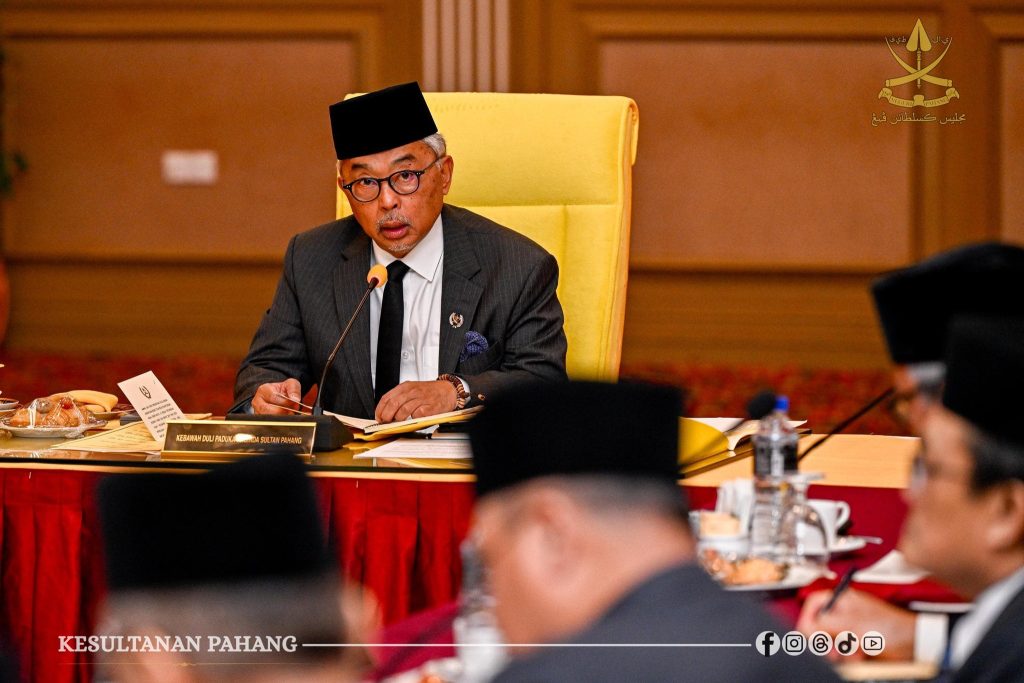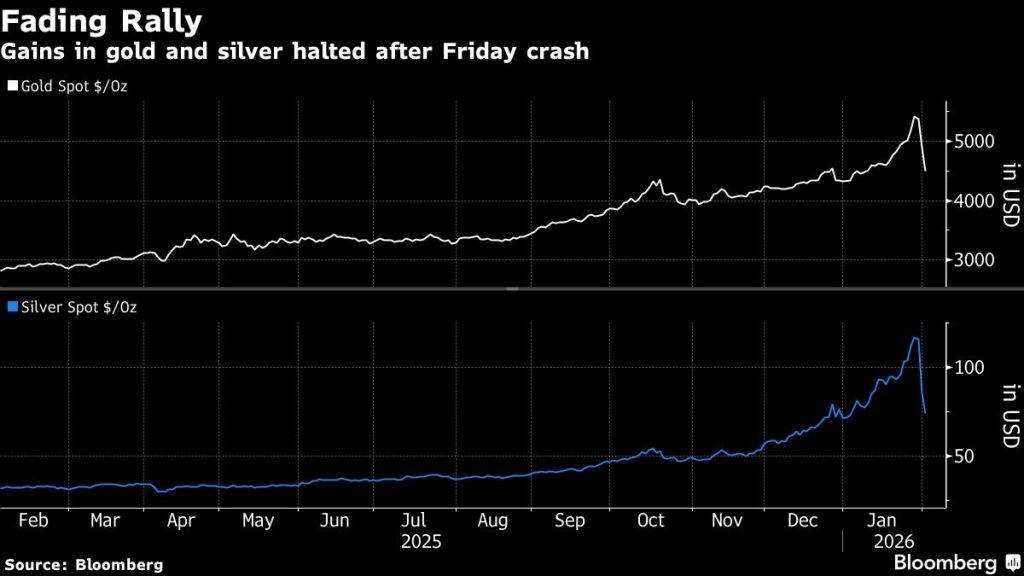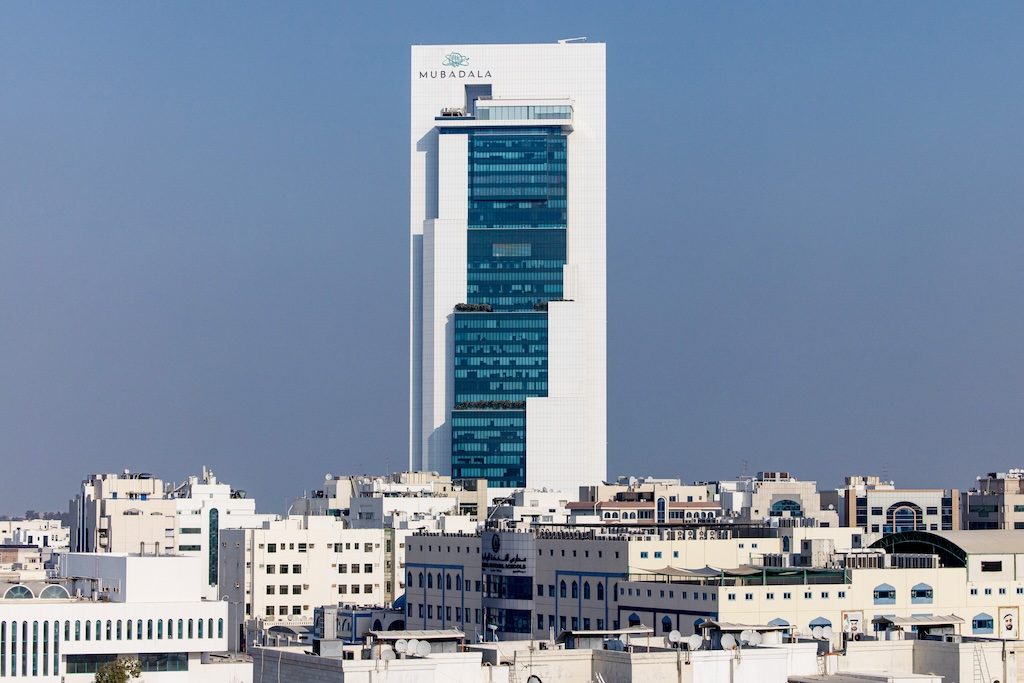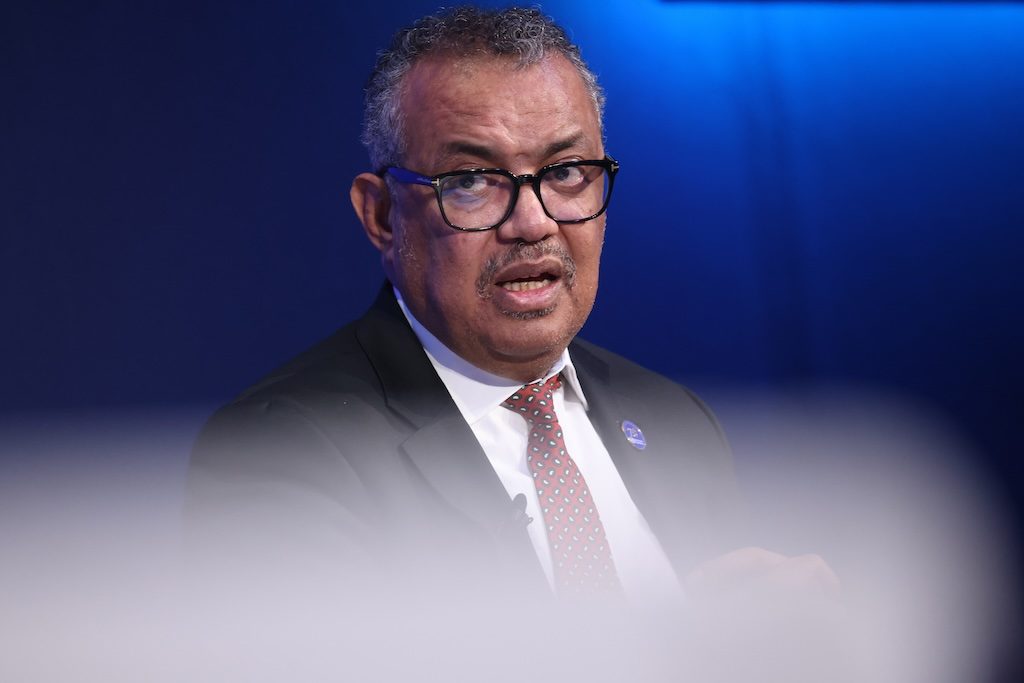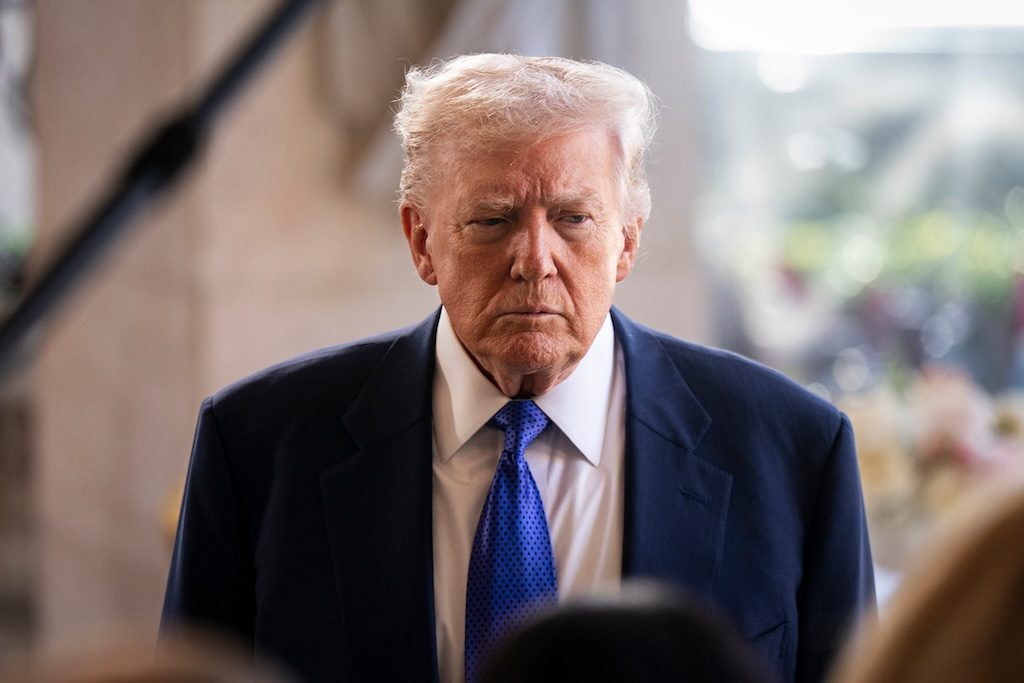Auto Added by WPeMatico
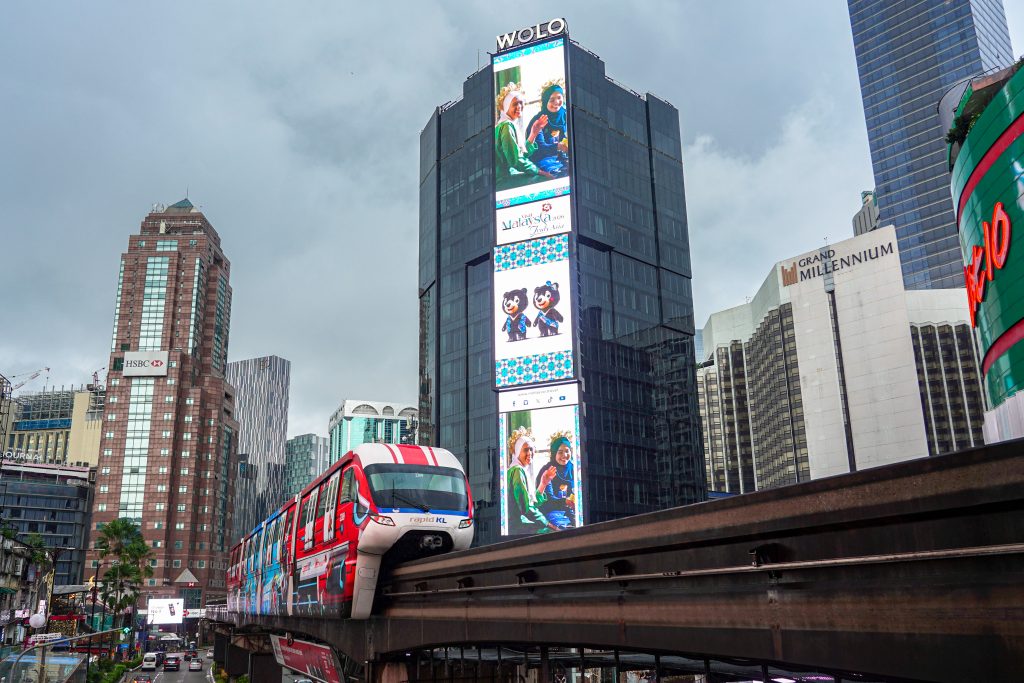
WHAT looks like speculative “hot money” chasing returns is, in early 2026, a far more calculated repositioning of global capital.
Investors are quietly trimming exposure to the US as political risk creeps into institutions that markets once treated as sacrosanct, prompting a search for assets that offer stability rather than spectacle.
The catalyst has been an unusual convergence of events in Washington.
US President Donald Trump’s renewed territorial rhetoric over Greenland and threats of trade tariffs on European allies have unsettled markets already uneasy about pressure on the US Federal Reserve (Fed).
That unease intensified after news of a probe into Fed chair Jerome Powell over renovation costs, which investors widely view as political leverage ahead of the end of Powell’s term in May 2026. While the Fed on Jan 28 kept interest rates unchanged despite sustained White House pressure to cut borrowing costs, fund managers said the damage has already been done.
Markets move on perception as much as policy, and the episode has raised fresh doubts about how insulated US monetary policy will remain.
The result has been a rare “triple sell-off” — weakness across US equities, treasuries and the dollar — undermining the greenback’s long-standing safe-haven status.
That loss of confidence is magnified by concentration risk. US shares now account for about 70% of the MSCI World Index, leaving global portfolios heavily exposed to a single political and policy framework.
As investors rebalance, capital has begun flowing towards markets seen as geopolitically neutral and institutionally stable, rather than merely high-yielding.
Malaysia has emerged as a clear beneficiary of this shift. Since the start of the year, foreign funds have channelled just over RM1 billion into Bursa Malaysia, the strongest inflow among emerging Asian markets.
The ringgit has risen to a seven-year high; a move investors said reflects deliberate allocation decisions rather than passive gains from a weaker US dollar.
The inflows have been concentrated in liquid, defensive names, particularly banking heavyweights such as Malayan Banking Bhd (Maybank) and CIMB Group Holdings Bhd, whose dividend yields compare favourably to increasingly volatile US Treasuries.
Malaysia’s role in the global semiconductor and data centre supply chain has also drawn interest, as investors look for “tariff-resistant” exposure amid growing trade friction between major economies.
Similar dynamics are at work elsewhere in Asia, with Vietnam and Thailand attracting capital seeking a “China+1” hedge as firms diversify production away from Mainland China.
In Europe, investors are favouring safe-haven currencies such as the Swiss franc and the euro, along with German bunds, as part of a cautious rotation away from US dollar risk.
These flows have helped lift the FTSE Bursa Malaysia KLCI (FBM KLCI) beyond earlier base-case targets and closer to the psychologically important 1,800 level, with some strategists pointing to further upside if foreign participation remains firm.
Analysts noted that this looks less like a fleeting rally and more like a structural reallocation driven by global risk management.
The broader money trail tells a similar story. Capital has rotated into gold and other hard assets as hedges against policy uncertainty, while the euro and Swiss franc have strengthened.
In this environment, neutrality itself has become an asset, and markets that combine institutional stability with strategic trade roles, from Kuala Lumpur (KL) to select Asian hubs, are the winners.
For Malaysian investors, the message is straightforward. This is not just a short-term currency spike or a burst of speculative enthusiasm.
As political pressure clouds the outlook for US institutions, global capital is placing a premium on stability, and for now, that has made KL an increasingly attractive place to park money. — TMR
- This article first appeared in The Malaysian Reserve weekly print edition
The post Hot money finds home in KL as investors rethink the US appeared first on The Malaysian Reserve.

